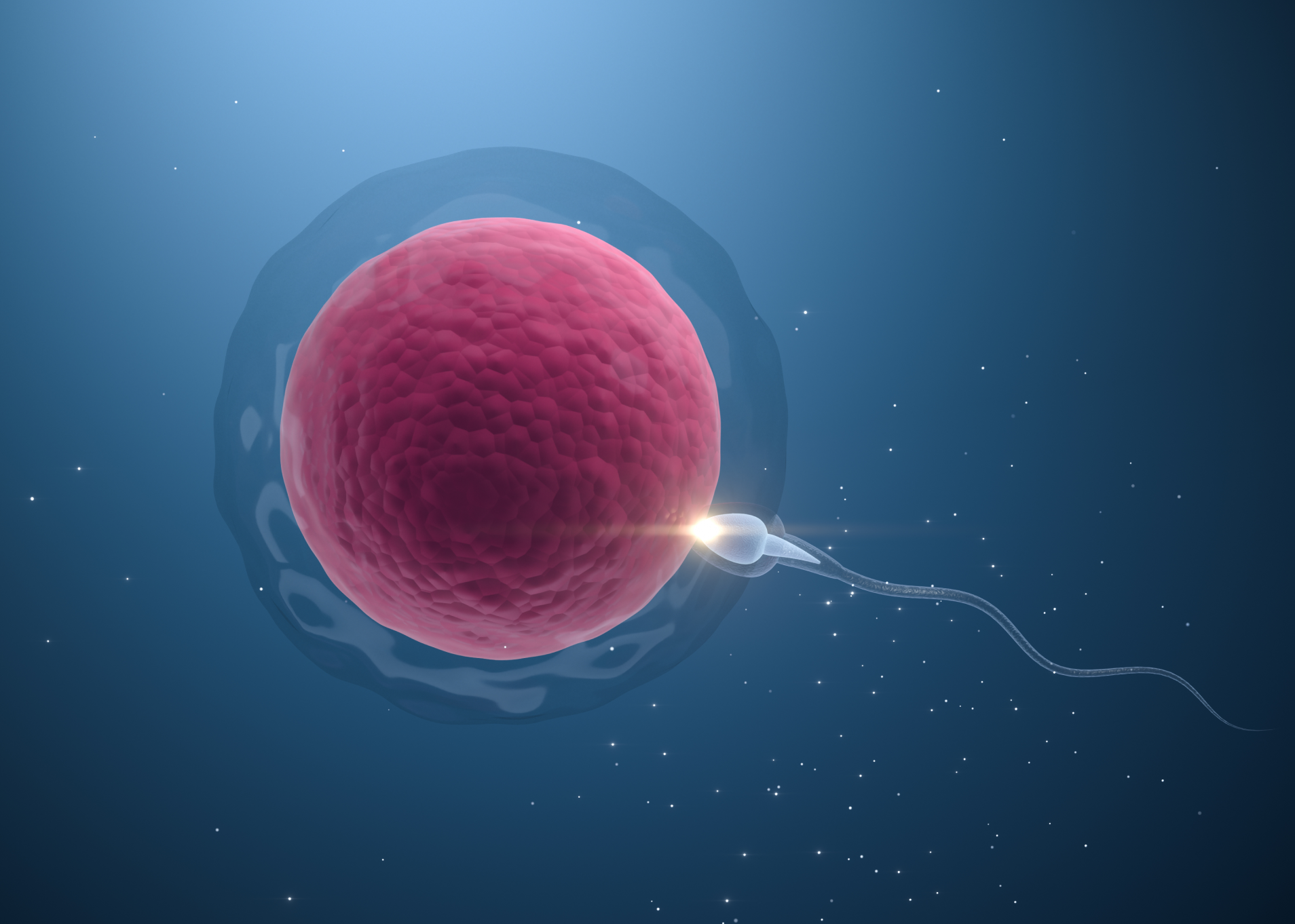-
About Mouwasat
About Mouwasat
Mouwasat Medical Services was Founded in 1975 in Dammam as an individual entity.
-
Academic Affairs & Researches
-
Contact Us

ICSI is a specialized technique used in conjunction with IVF. It involves injecting a single sperm directly into an egg to facilitate fertilization.
ICSI may be a beneficial option in several situations, including:
